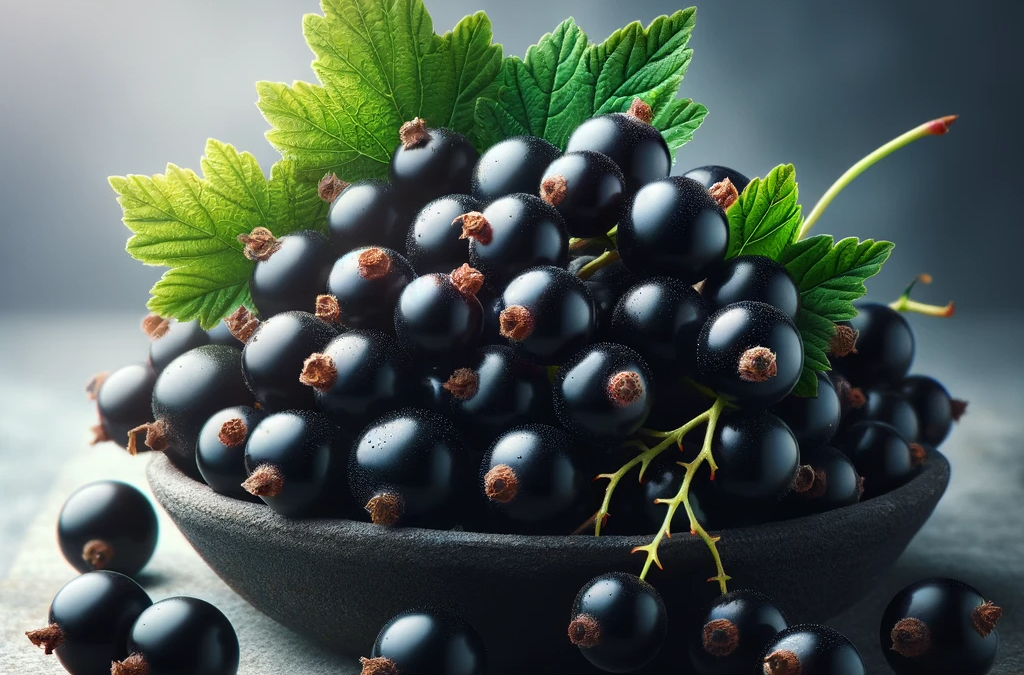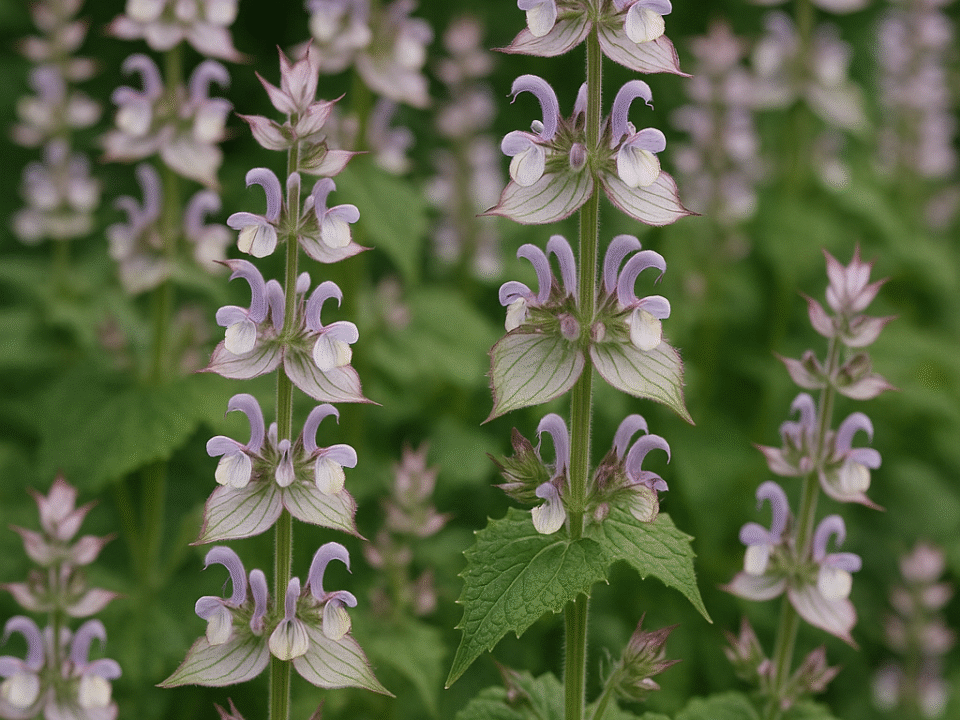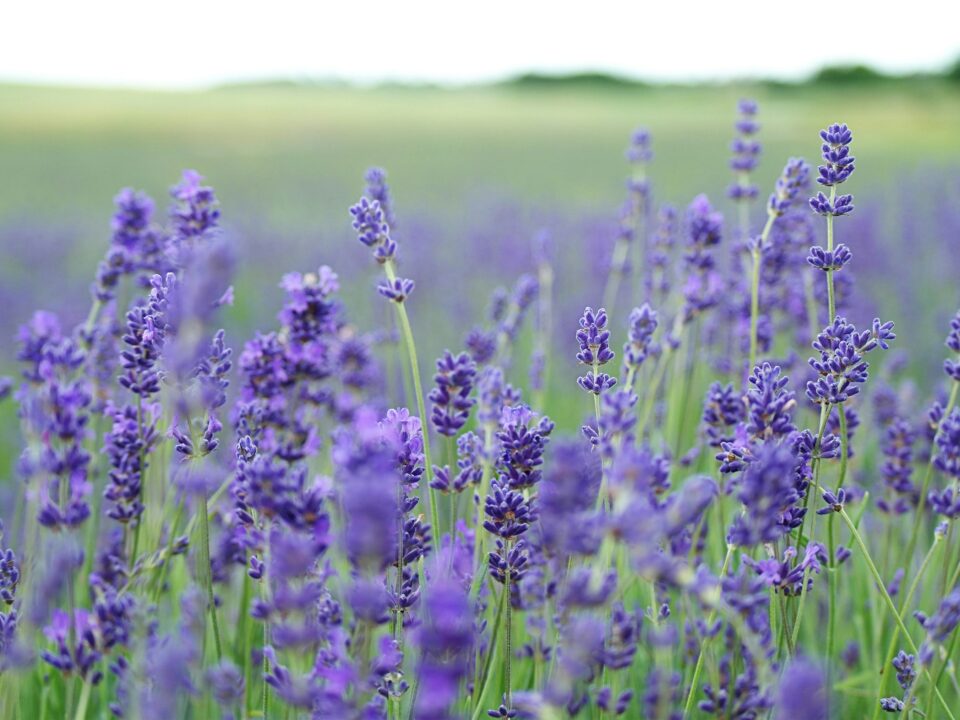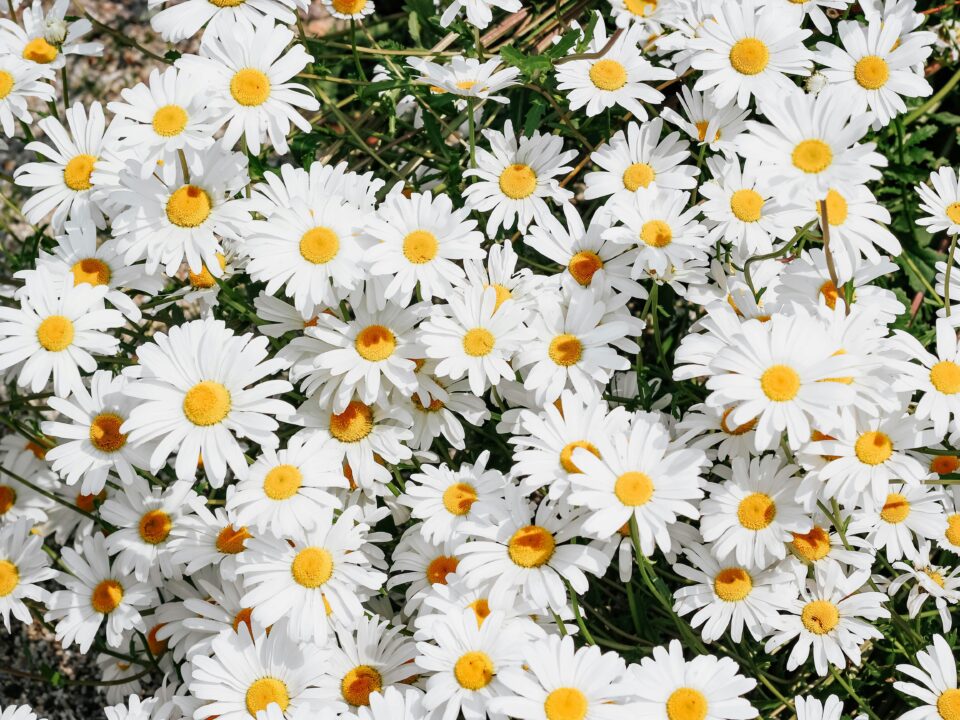
The blackcurrant, or Ribes nigrum, is a deciduous shrub belonging to the Grossulariaceae family, cultivated for its nutritious berries. Originating from the temperate regions of central and northern Europe, as well as northern Asia, the plant thrives in moist, fertile soils. It has adapted to a wide range of environments, being cultivated both commercially and in home gardens around the world. The plant’s resilience to winter conditions is notable, though cold spells during spring can impact its yield. In summer, the shrub produces clusters of small, glossy, black fruits, which are harvested either by hand or mechanically.
Blackcurrants are not only consumed for their tangy flavor but are also valued for their high vitamin C and polyphenol content. They are versatile in culinary uses, finding their way into jams, preserves, syrups, and even alcoholic beverages. Additionally, rich in nutrients, blackcurrant seed oil is a prized ingredient in cosmetic preparations, often paired with vitamin E. The leaves and fruits of the blackcurrant plant are also sources of natural dyes, yielding yellow and blue or violet colors respectively, thanks to their high anthocyanin content.
The usage of blackcurrants in skincare dates back to ancient Europe, where they were a staple in various skin remedies. In medieval times, their astringent properties were highly valued and used in tonics and ointments for skin tightening and wrinkle reduction. Today, blackcurrants continue to be a significant component in skincare products due to their antioxidant-rich properties, which protect the skin from environmental damage and signs of aging. With the growing trend towards natural and organic skincare, blackcurrant extracts, oils, and juices are increasingly popular for their nourishing qualities.
Blackcurrants contribute to skin hydration through multiple mechanisms. Their high water content aids internal hydration, essential for maintaining skin moisture levels. The abundance of vitamin C in blackcurrants supports collagen production, which is crucial for skin elasticity and moisture retention. Additionally, their anti-inflammatory properties, courtesy of compounds like anthocyanins and quercetin, soothe and calm inflamed skin. The presence of antioxidants in blackcurrants protects the skin from oxidative damage, while vitamin E contributes to the skin’s natural lipid barrier, enhancing moisture retention. Moreover, blackcurrant seed oil, rich in omega-3 fatty acids, particularly alpha-linolenic acid, plays a key role in maintaining skin moisture and preventing dryness.
The potent moisturizing effects of blackcurrant oil are attributed to its composition, which includes essential fatty acids, vitamins, and antioxidants. These components work synergistically to strengthen the skin’s lipid barrier, support the skin barrier, soothe inflammation, and provide nourishment and hydration. Blackcurrant oil is particularly beneficial for dry skin, helping to alleviate dryness and flakiness, leaving the skin looking youthful and healthy.
In summary, blackcurrants, with their unique blend of bioactive compounds and nutrients, offer a multifunctional approach to skincare. They provide essential fatty acids, linoleic acid, anti-inflammatory properties, antioxidants, and hydration, supporting the natural moisturizing factor, barrier repair, and the skin microbiome. Whether consumed as part of a diet or applied topically in skincare products, blackcurrants offer a scientifically supported route to achieving and maintaining skin hydration and moisture balance. Additionally, the antioxidant protection from vitamin C and phytochemicals in blackcurrant oil shields the skin from environmental free radicals, enhancing its skincare benefits. This combination of internal and external care, including adequate water intake and a regular skincare routine, is crucial for optimal skin health and moisture balance, underscoring the importance of blackcurrants in a comprehensive skincare regimen.



